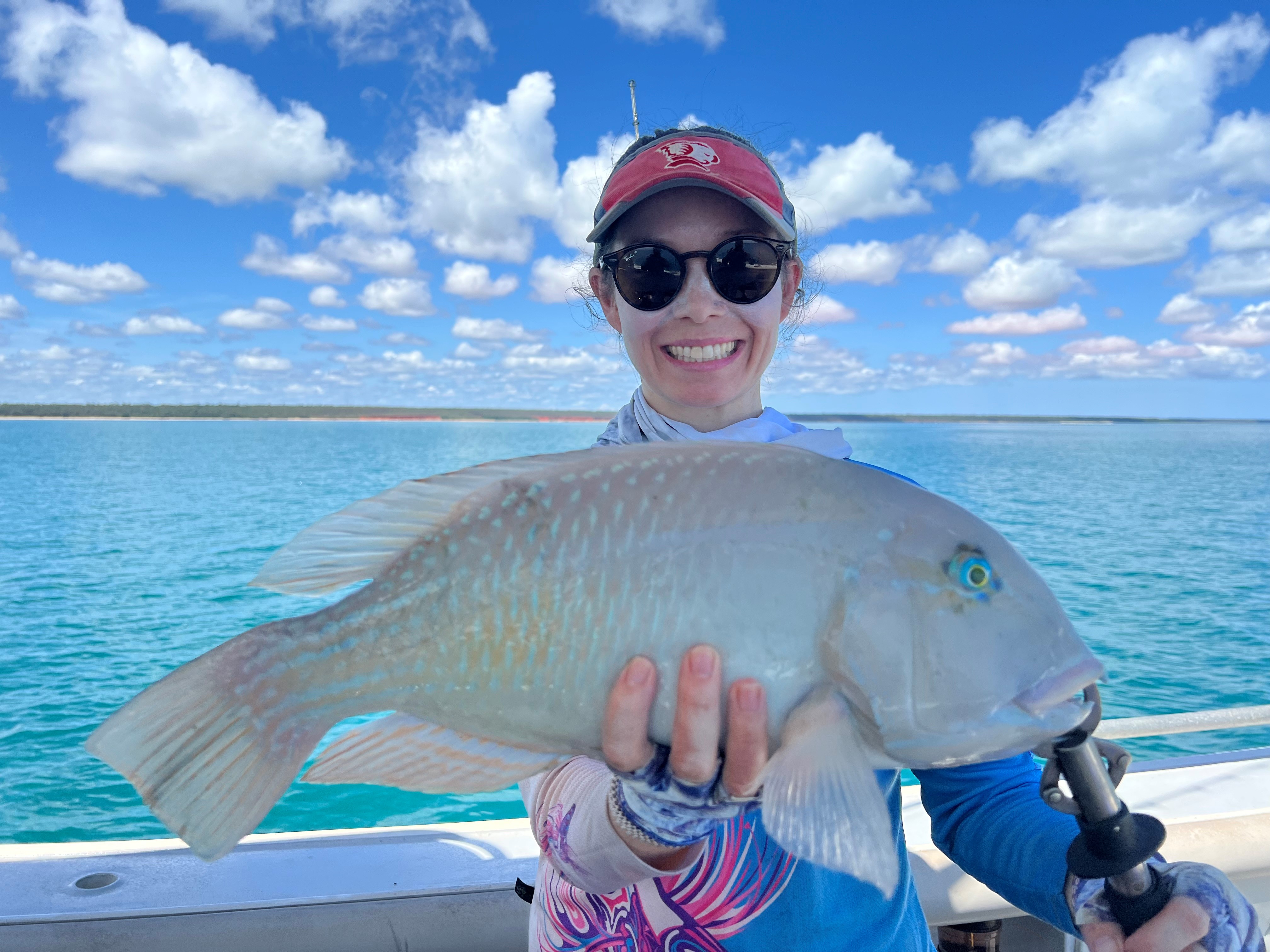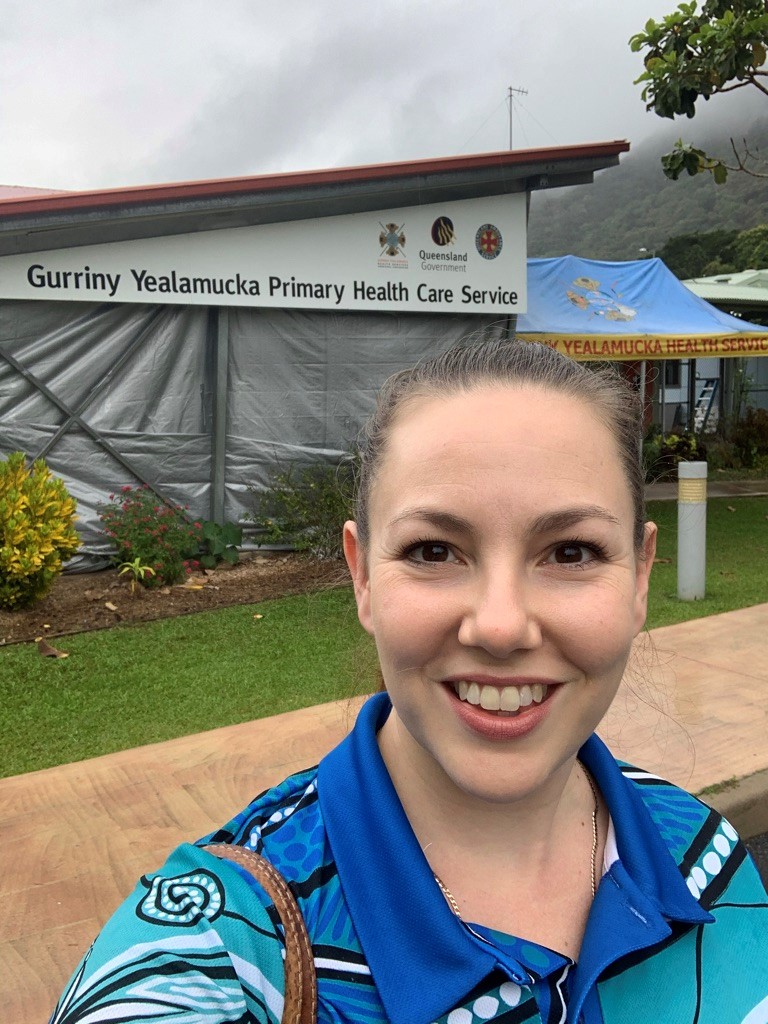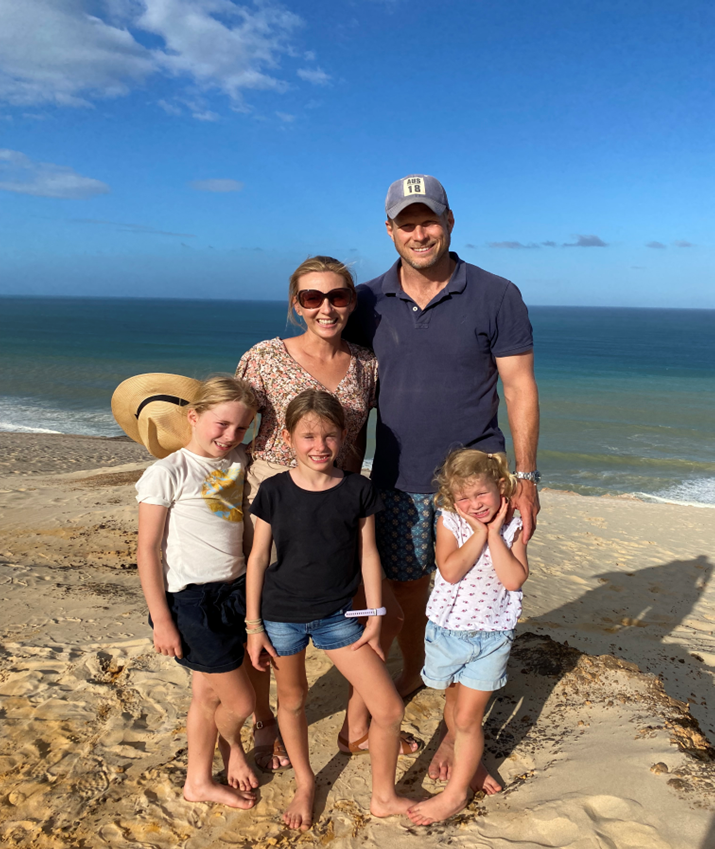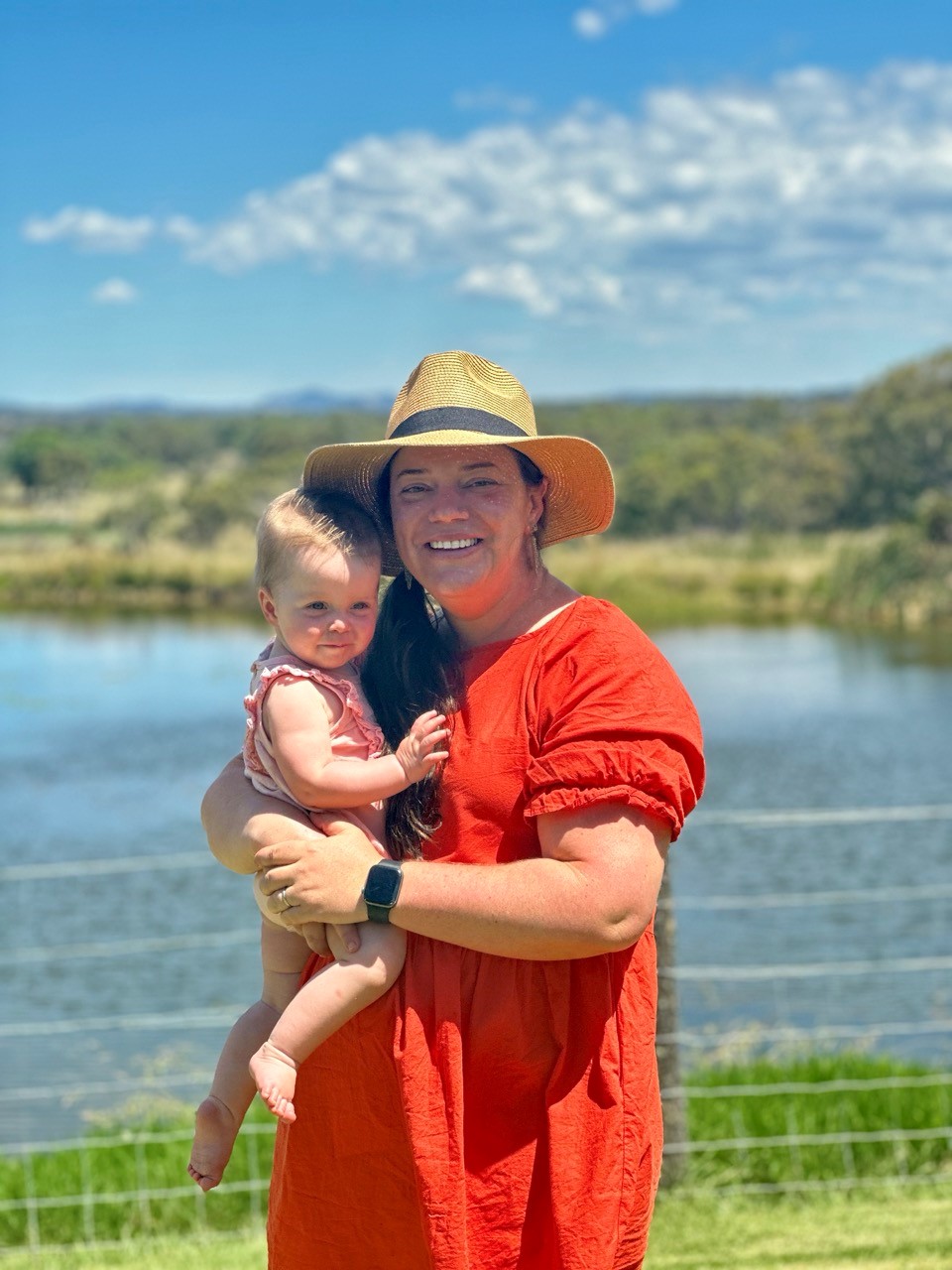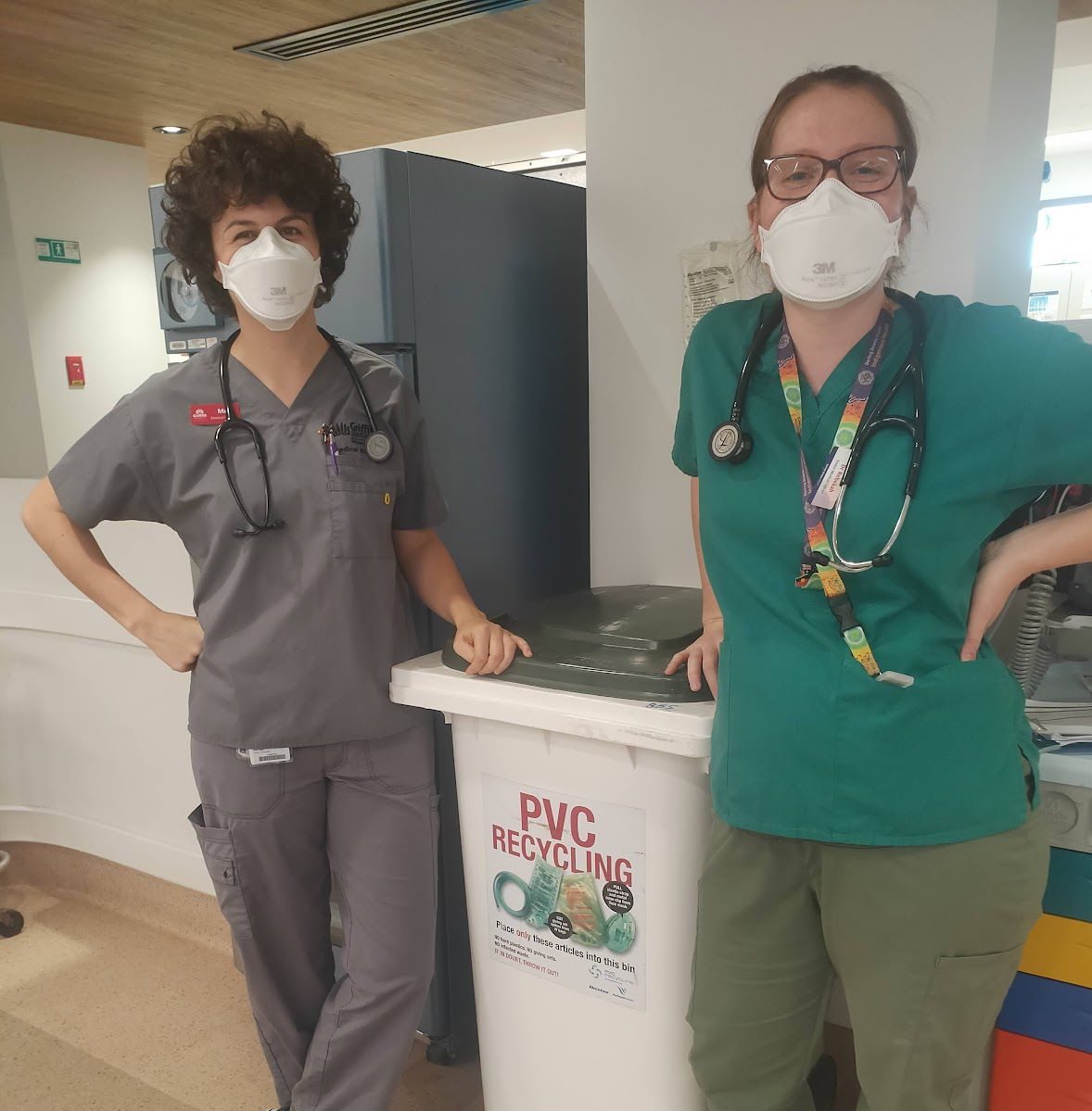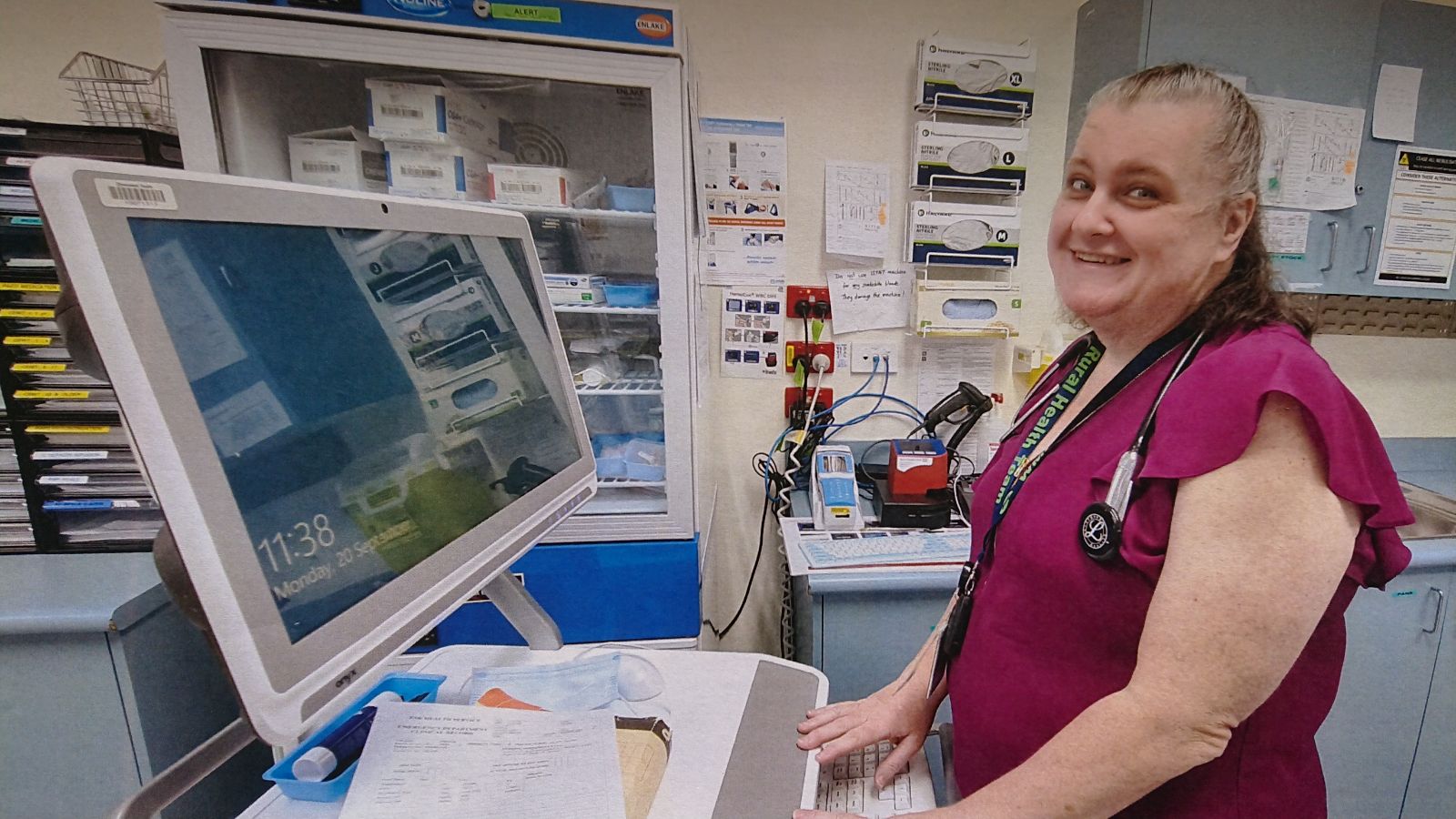Rural Generalist | Weipa (Alngith Country)
Dr Riley Savage is a Rural Generalist in Weipa with advanced skills in obstetrics and gynaecology. Riley is passionate about women’s health and is committed to promoting access to quality obstetrics services in her community. Her desire to help drive change in her local community led Riley to take on the role of medical lead in the Weipa Birthing Project.
Riley grew up in a small town in the Pilbara region in Western Australia. She initially intended to pursue specialty training in obstetrics. “As a medical student I did placements in the neonatal unit as well as the obstetric department at the Townsville Hospital. I had some fantastic mentors who helped fuel my enthusiasm for the specialty. I completed a few placements as a medical student in Papua New Guinea, which highlighted the huge impact the delivery of quality obstetric and gynaecological care could have on women, their families, and the community”.
Her desire to pursue rural medicine was only triggered after she spent time on Thursday Island in her final year student placement.
“On my placement I fell deeply in love with rural medicine, the diversity of presentations, the warm-hearted, community-centred, and resilient patients, and everything in between. I was inspired by the work of Rural Generalists and how they engaged with their community. They would spend their days welcoming babies into the world, stabilising critically unwell patients, providing high quality and culturally safe primary healthcare, then spend their evenings coaching the local football team. It was exactly what I wanted for my career and my life, and the reality has far exceeded my expectations”.
Riley originally spent 12 months in Weipa prior to commencing her obstetrics and gynaecology Advanced Skills Training in Cairns, but her love for the small town drew her back.
“Weipa has always felt like home for me. It has a very similar terrain and climate to the town I grew up in and has the same small community feel. Remote towns like Weipa are the places you make lifelong friends after spending five minutes with them. After we had our two girls, we knew it was time to head back to Weipa. We wanted our kids to have the same upbringing we had, where it’s safe to ride your bike around the streets and you have a strong connection to your community. I was also excited at the idea of helping set up birthing services in Weipa, as well as other women’s health services”.
“I find working in women’s health incredibly rewarding. Menstrual problems and other women’s health issues cause a high burden of disease. In most cases, Rural Generalist General Practitioner Obstetricians (GPOs) can step in and provide effective treatment for these patients. It’s a privilege to have been part of a solution for rural women of all ages”.
After years of hard work by the project team, the Weipa Birthing Project reached the planning phase, and in 2020 Riley joined as the medical lead.
“My role as the medical lead for the project has been quite varied, ranging from helping to design the new birth suites, to building capacity within the existing healthcare teams in preparation for looking after patients in the peri-partum period. I have consulted on policies and procedures and have worked close with the other project leads to ensure the service is being set up in a way that meets the community’s needs and expectations. The final part is driving recruitment, which has been our biggest challenge to date”.
Since the closure of Weipa’s birthing services in the late 1990s, pregnant women have been required to leave their home at 36 weeks gestation and travel to either Cairns or their chosen birthing hospital.
Although recruitment barriers have delayed the proposed return of birthing services, the team is beyond proud of the antenatal and postnatal services they are now offering. “Unfortunately, we are suffering from the same troubles that are being seen across Queensland with the shortage of GPOs and midwives. Although this is a challenge, we are proud of the progress we have made so far. With a collaborative team of midwives, health workers, doctors, and nurses, we are now caring for antenatal patients under the Midwifery Group Practice model of care. After women have given birth, the same team is here to welcome them back and support them during the postnatal period”.
“Continuity of care models like Midwifery Group Practice have evidence of reducing obstetric complications such as pre-term birth and improving the patient experience. We have also increased our theatre and critical care capacity by supporting a number of nurses to complete scrub/scout and anaesthetic training, and we have set up antenatal and GP gynaecology clinics that were previously not offered. Part of our focus throughout the project has been ensuring that the strategies and services we implement will benefit the wider community, and we are confident we have achieved that”.
With Weipa having so much to offer, both in the workplace and outside of work, Riley is confident that Weipa’s next GPO is just around the corner.
“We are a collaborative multidisciplinary team who strive to deliver high quality, culturally safe healthcare, with excellent workplace culture and collegiality. My colleagues are genuinely my friends, and that is worth more than anything you could pay me. Weipa is an adventurer’s playground, with more camping, four wheel driving and fishing opportunities than you could get through in a lifetime”.
Riley says her passion for her community and their health gives her the push to continue driving change.
“Improving our patients’ healthcare journey is about more than the face-to-face care that we provide daily as Rural Generalists. It’s also about participating in clinical governance, implementing quality improvement projects, and taking on leadership positions within our organisations to help to drive change. Change and quality improvement are not possible without collaboration. Valuing the expertise of our nursing, midwifery, allied health and non-clinical colleagues is essential”.


